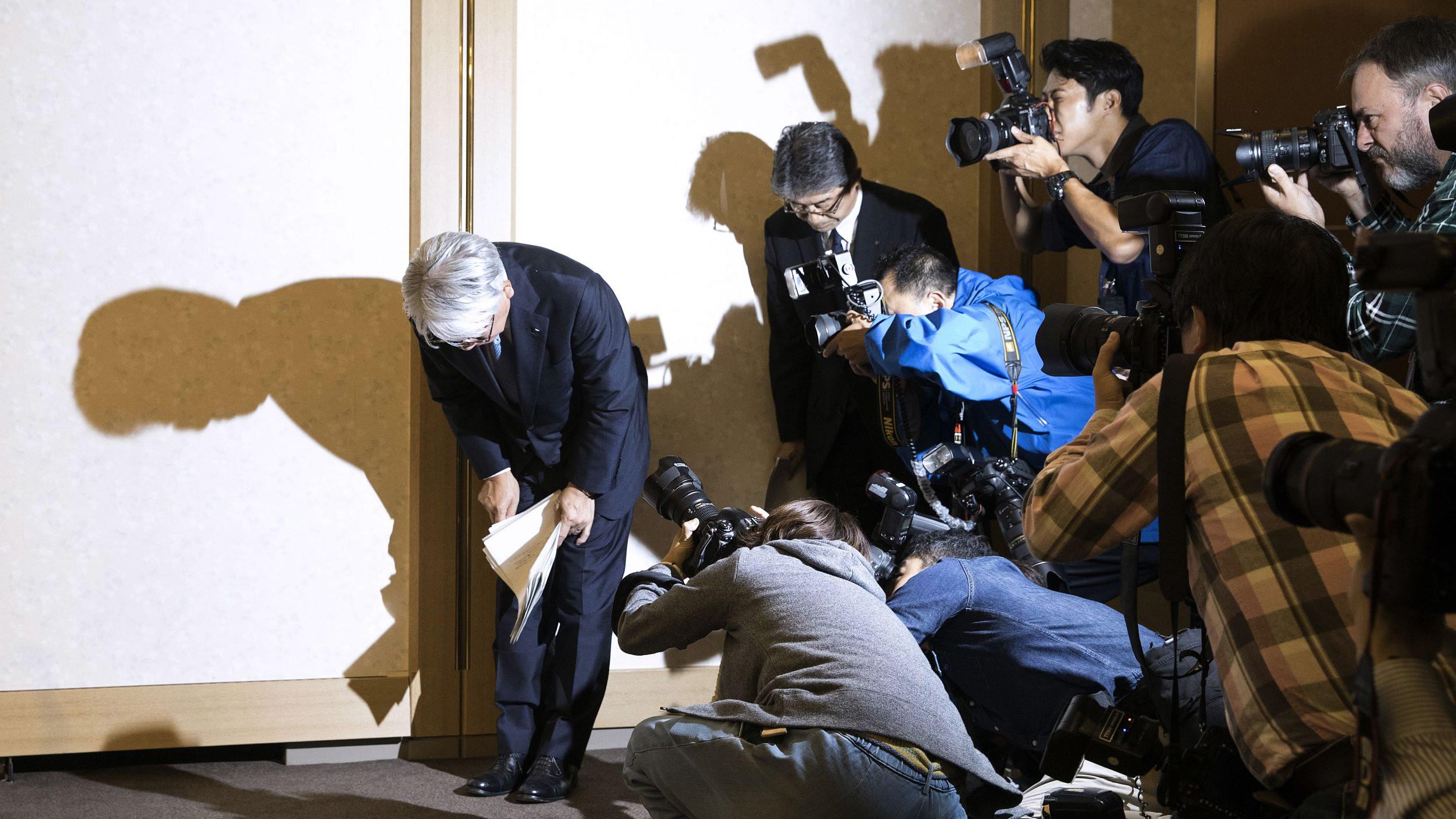
Business
14:25, 15-Oct-2017
Japan's Kobe Steel scandal spreads, 500 firms affected
CGTN

Japan's third-largest steelmaker, Kobe Steel, admitted on Friday that a snowballing falsified data scandal had affected around 500 customers and more products found involved.
The number of customers are more than twice as many as initially thought, and more than 30 foreign customers were affected, including Boeing, Airbus, General Motors, Tesla, German automaker Daimler and PSA of France, according to Japan's leading Nikkei business daily.
The company had previously admitted to falsifying quality data for products sold to some 200 clients.
"Combined with previously announced clients, it will total about 500 firms," Yoshihiko Katsukawa, a senior Kobe Steel executive, told a press conference.
"Please let us refrain from naming specific clients that have been affected. We have communicated with our customers and have discussed ways to confirm the safety of our products," he added.
Kobe Steel's CEO Hiroya Kawasaki also said at the press conference on Friday that the company had uncovered nine more types of products whose inspections had been faked or manipulated, including stainless steel wires, copper tubes and aluminum alloy wire and others.
As steel wire products accounted for 37 percent of the company’s revenues, the latest disclosure means the amount of products involved in the tampering is five times more than their count when the scandal first came into light earlier this week.
When asked about the percentage of affected products among their total sales, Kawasaki failed to give a clear answer.
"Last time, we said the affected products accounted for four percent of the total. Plus this time's disclosure. I don’t think there will be big changes in that ratio. Of course, that's my personal opinion," he said.
The new estimate comes as Kobe Steel's battered stock fell almost nine percent to finish at 805 yen (7.20 US dollars) on Friday, down more than 40 percent since the start of the week after it admitted falsifying strength and quality data for a string of products – a practice it said may have started a decade ago.

SITEMAP
Copyright © 2018 CGTN. Beijing ICP prepared NO.16065310-3
Copyright © 2018 CGTN. Beijing ICP prepared NO.16065310-3